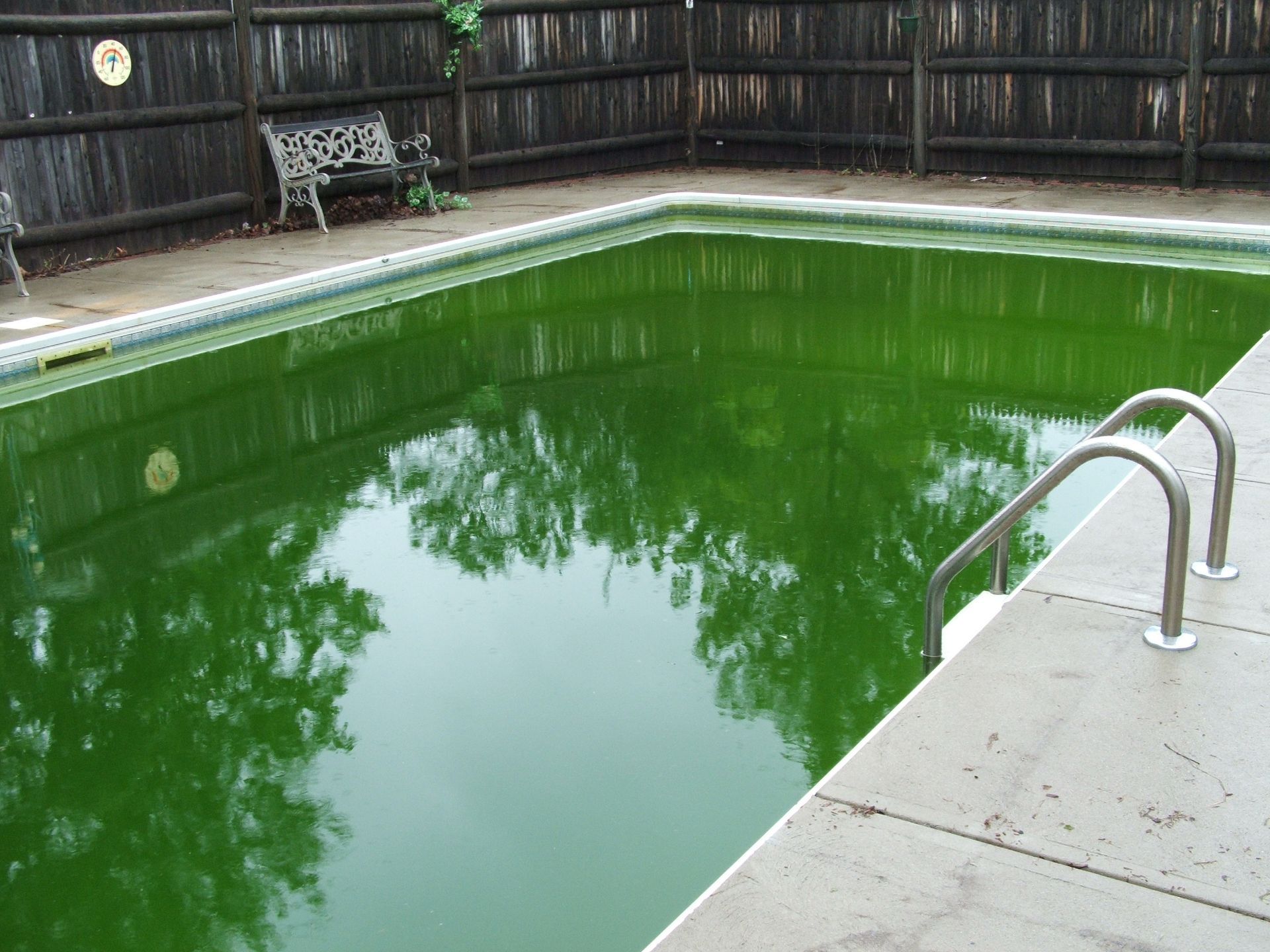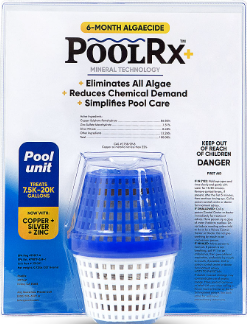3 Reasons Why You Should Be Sanitizing Your Pool
3 Reasons Why You Should Be Sanitizing Your Pool

1. Pool water is a breeding ground for bacteria
It’s no secret that pools can be breeding grounds for bacteria and other microorganisms. In fact, a study conducted by the CDC found that 36% of pools tested contained at least one type of contaminant that could potentially make someone sick.
While it’s important to take measures to prevent contaminants from getting into your pool in the first place, it’s also essential to sanitize your pool on a regular basis. Here are 3 reasons why you should be sanitizing your pool:
1. to kill bacteria and other microorganisms
2. to prevent the spread of illness
3. to improve the quality of the water.
2. Sanitizing your pool protects your family's health
Sanitizing your pool is not only important to protect the health of your family but to also protect the health of your entire neighborhood.
Unsanitary swimming pools can be a breeding ground for disease-causing bacteria and parasites, such as cryptosporidium, Giardia, E. coli, and more. These microorganisms can cause gastrointestinal illness, skin and ear infections, respiratory symptoms, and even neurological diseases.
The good news is that, with proper sanitization, you can eliminate these health risks. Sanitizing your pool on a regular basis will ensure it is free from bacteria and other microorganisms that can make people sick.
You can do this by adding chlorine or bromine to your pool water, or you can use an alternative sanitizing product such as copper ionization, salt chlorine generators, or UV systems. Regular sanitizing also involves brushing the walls and floors, skimming the surface, and vacuuming the bottom of the pool to remove debris and prevent the growth of bacteria.
Sanitizing your pool is a vital part of any pool maintenance program. Not only will it keep your family and others safe, it will also help to prolong the life of your pool, as it prevents scale buildup and other damage caused by bacteria or other microorganisms. So be sure to sanitize your pool regularly to protect your family’s health.
3. Sanitizing your pool prevents nasty algae and other growth from taking hold in your pool
When sanitizing your pool, the goal is to prevent nasty algae and other growth from taking hold in the water. Algae are microscopic single-celled organisms that can amplify without limit if uncontrolled. They compete with other beneficial bacteria and can eventually choke off other living forms. Algae can cause cloudy water, staining, and bad odors.
One of the best ways to prevent algae is to maintain proper chlorine and pH levels in your pool. These chemicals work together to keep the pool free of bacteria, viruses, and fungi. Chlorine helps keep the water clear by killing off any algae or bacteria it comes in contact with. The pH level should be checked on a weekly basis and kept between 7.2 and 7.8 for optimal protection.
Sanitizing your pool is also crucial for helping to prevent scale, which can damage the filter system, pump, and other pool equipment. Calcium and other minerals from the environment will form a hard scale that can clog up filters and pipes. When using sanitizers, it will help to keep these minerals in a soluble form so that they don’t have a chance to stick and build up on equipment.
Finally, regular sanitizing is also important to promote a healthy environment for swimmers. When your pool is sanitized correctly, it can help to reduce the risk of skin and eye infection, as well as protect against common illnesses such as Diarrhea, Gastro


